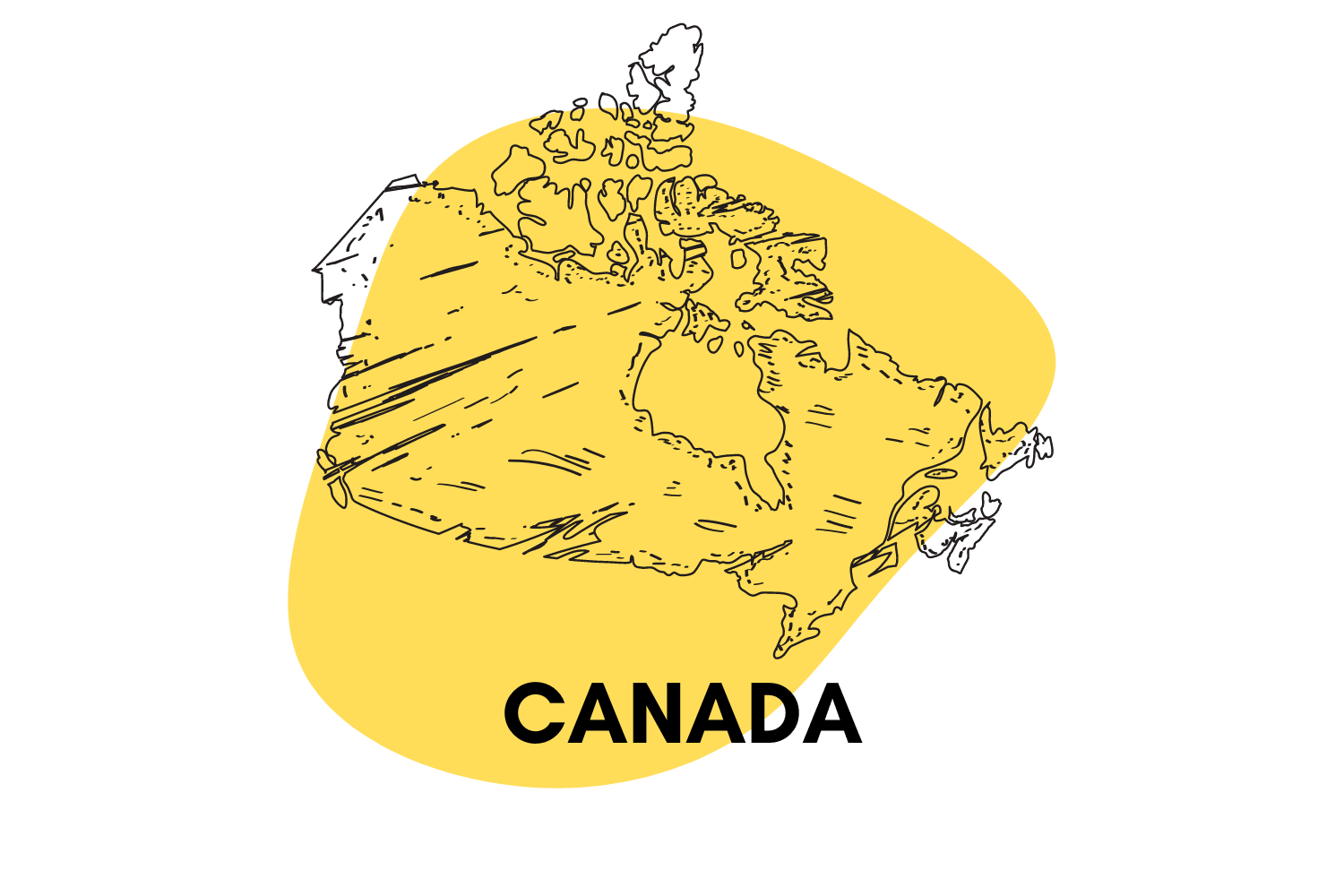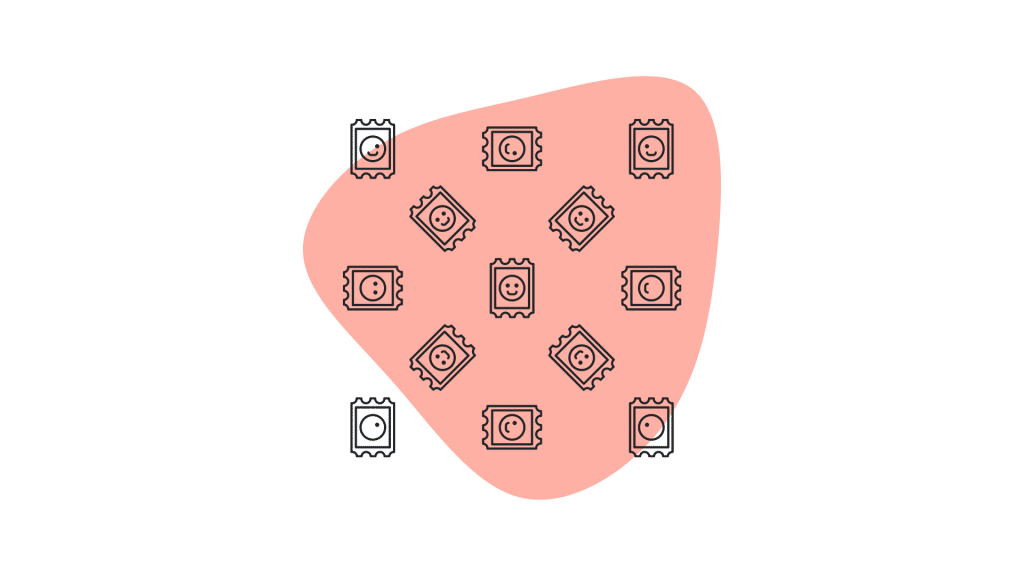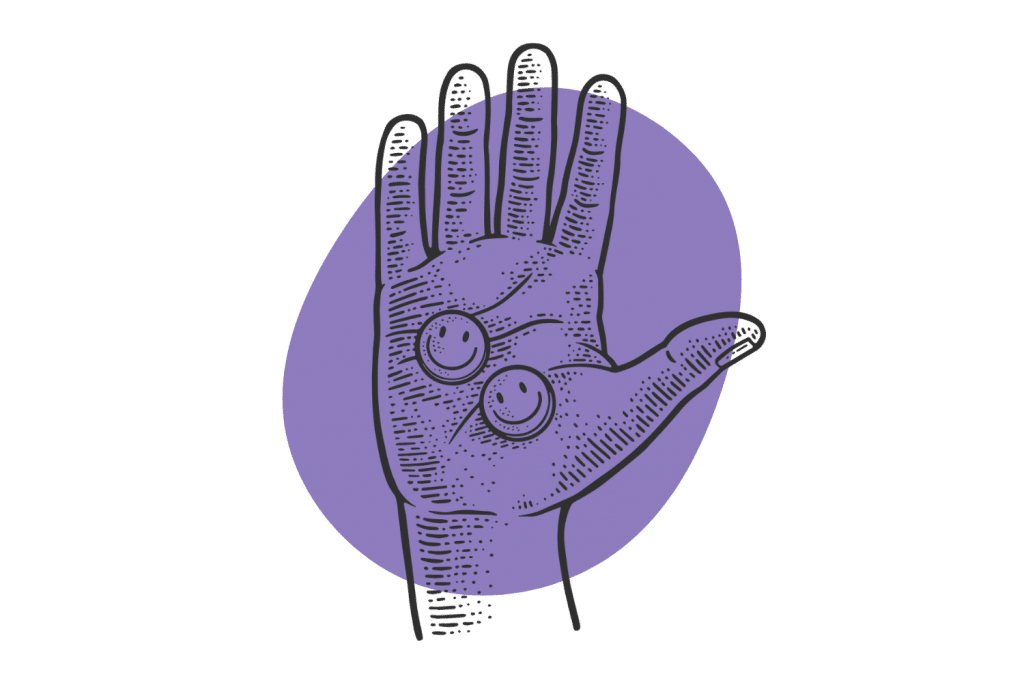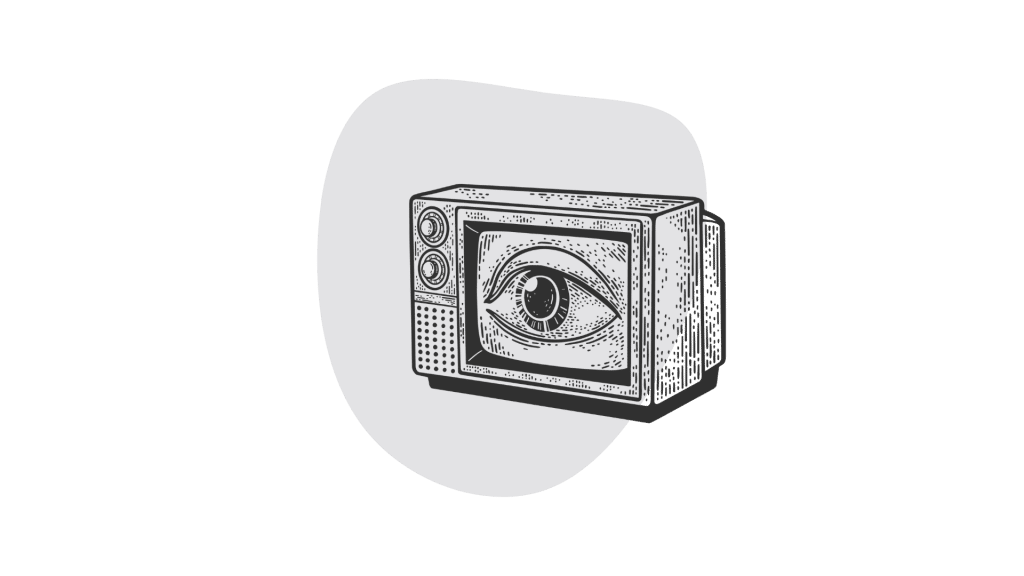
Are Psychedelics legal in Canada? Canada has taken a progressive stance on psychedelics. This was one of the first countries to enable psychedelic research to begin again after the 40-year worldwide ban starting in the 1960s and one of the only countries in the world that allow the use of psilocybin-assisted therapy.
Vancouver, BC, recently decriminalized all drugs, including psychedelics — and other major Canadian cities are exploring the decision to follow suit.
Here, we’ll explore the legality of common psychedelics in Canada — including magic mushrooms, LSD, MDMA, ketamine, and more. We’ll talk about the legal clinical use of these substances, as well as recreational and personal use.
Canada’s Drugs & Penalties Chart
| Class | Type of Substance | Psychedelics | Maximum Penalties For Possession |
| Schedule I | Prescription-only medications | MDMA, MDA | Up to 7 Years imprisonment |
| Schedule II | Consultation and professional intervention from the pharmacist required | None | Up to 5 Years imprisonment |
| Schedule III | Amphetamines and hallucinogens | LSD, Psilocybin, Psilocin, Mescaline, Cathinones, PCP, DMT, Harmaline, 2CX, NBOMes, BZP | Up to 3 Years imprisonment |
| Unscheduled | Salvia, Datura, Amanita muscaria, Cannabis | Not indictable offense |
Sources:
Are Magic Mushrooms Legal In Canada?
Magic mushrooms are currently legal in Canada for medical use only. Only one Canadian city considers magic mushrooms decriminalized for personal use (Vancouver).
Despite being technically illegal, Canada has been very relaxed about the use of psychedelics for a long time. It’s rare to hear about anybody being prosecuted or charged for being in possession of magic mushrooms. In some places, you can find magic mushroom vendors operating in plain sight without any worry about arrest.
There are initiatives underway to try to officially relax outdated psychedelic laws. For example, the e-2534 petition to the House of Commons is a petition aimed at suspending the ban on adults’ use, cultivation, or exchange of plants or mushrooms.
In Canada, you can legally grow magic mushrooms as long as it is for medicinal or research purposes.
Related: Where are magic mushrooms legal?
Do Magic Mushrooms Grow Wild in Canada?
Yes, you can find wild magic mushrooms almost everywhere in the world, including Canada.
The most abundant place in Canada to find different species of psilocybe mushrooms are the temperate rainforests on the west coast of British Columbia and around the great lakes on the East Coast.
You may find species such as Psilocybe baeocystis, Psilocybe cyanescens, Psilocybe semilanceata, and Psilocybe cubensis.
Related: Where Do Shrooms Grow? How to Find Magic Mushrooms in the Wild.
What Are the Medicinal Uses of Shrooms?
In the last decade, scientific studies have repeatedly demonstrated the therapeutic benefits of psilocybin, psilocin, and magic mushrooms as a whole.
Studies suggest magic mushrooms may be effective in the treatment of mental health disorders, including depression, post-traumatic stress disorder (PTSD), addiction, existential anxiety, cluster headaches, and more. Are Psychedelics legal in Canada?
In addition, studies have shown that magic mushrooms and other psychedelics can help improve problem-solving skills and boost creativity.

Is LSD Legal In Canada? | Are Psychedelics legal in Canada?
In the 1960s, LSD (lysergic acid diethylamide) use increased significantly in Canada. So much so that, in 1962, the Canadian government decided to criminalize this substance. This criminalization occurred around the world as part of a greater campaign initiated by the US federal government.
LSD is prohibited under Schedule III of Canada’s Controlled Drugs and Substances Act. Schedule III defines the drug as having a low potential for abuse and a moderate risk of dependence.
This means that Canadian laws have been less strict than most other countries — which tend to classify LSD in the highest tier alongside addictive substances such as heroin, cocaine, and methamphetamine.

Is MDMA Legal In Canada?
No. MDMA, also known as ecstasy, is illegal in Canada.
MDMA is a synthetic substance that produces stimulant and mild hallucinogenic effects. Unlike LSD, MDMA belongs to Schedule I of the Canadian Controlled Drugs and Substances Act (CDSA). This means that the law views it as a substance with a high potential for abuse and no recognized medicinal uses.
If the police catch you with this substance, you can face up to seven years imprisonment, while trafficking and production of the drug can result in life imprisonment.
Laws are likely to change here, opening up for the use of MDMA in clinical practice. It’s unlikely that Canada will see MDMA legalized, but if the trend starting in Vancouver continues, it may become decriminalized in the future.

Is Ketamine Legal In Canada? | Are Psychedelics legal in Canada?
Yes. Ketamine is legal in Canada, strictly for medical use.
Ketamine is a fast-acting anesthetic often used in veterinary medicine. It’s being explored for use in clinical settings as a treatment for depression and post-traumatic stress disorder.
There are numerous ketamine clinics already operating in Canada in virtually all major cities.
Recreational use of ketamine remains banned as a Schedule I controlled substance. This could bring a maximum penalty for possession of seven years imprisonment.
Is Cannabis Legal in Canada?
Yes, all forms of cannabis have been legal in Canada since the passing of the Cannabis Act (Bill C-45) in October 2018.
This act created a regulated market for medical and recreational cannabis. Anybody considered of legal age is allowed to buy up to 28 grams (1 ounce) of dried marijuana per day. The legal age is determined by the individual province, but ranges from 18 (Alberta, Manitoba, Quebec), to 19 (all other provinces).
Individual provinces also set rules around:
- How and where cannabis products can be sold
- Where cannabis retail shops can be located
- Possession limits (provinces can only decrease current federal limits, not increase them)
- Age restrictions
- Regulations surrounding where cannabis can be consumed
- Additional regulations specifying cultivation of cannabis
Psychedelic Laws According to Each Canadian Province
Canadian provinces have less capacity for creating their own laws than the United States. When it comes to drug policy, Canadian provinces follow the regulations put in place by the federal government, which means the laws are virtually identical in all provinces.
With that said, some provinces treat drug offenses differently, as the federal government doesn’t require the possession of drugs for personal use to be a crime.
Some municipalities in Canada, including Vancouver, BC, have deprioritized drug charges entirely — stating that local law enforcement will no longer charge people in possession of personal quantities of any substance.
Psychedelics in Alberta
Psychedelics in British Columbia
Psychedelics in New Brunswick
Psychedelics in Newfoundland and Labrador
Psychedelics in Northwest Territories
Psychedelics in Nova Scotia
Psychedelics in Nunavut
Psychedelics in Manitoba
Psychedelics in Ontario
Psychedelics in Prince Edward Island
Psychedelics in Quebec
Psychedelics in Saskatchewan
Psychedelics in Yukon
What’s The Difference Between Legalization & Decriminalization
It is a common mistake to confuse legalization and decriminalization. These are very similar terms but mean two entirely different things.
Decriminalization refers to reducing penalties for a legal offense significantly. Legalizing it removes all kinds of legal consequences and often provides a legal environment for a previously considered unlawful activity.
Key Takeaways: What’s The Future of Psychedelics in Canada?
Canadian drug laws are already more flexible compared to the rest of the world.
Canadian regulators are looking at case studies in Portugal, where all drugs were decriminalized, leading to a significant drop in overdose-related deaths and addiction.
Canada recently approved the therapeutic use of psilocybin for palliative care, and there are measures working their way through the pipeline that seek to enable practitioners to use psilocybin for other mental health conditions as well as cluster headaches.
Ketamine clinics are popping up around the country, and MDMA is on the docket for future legalization for medicinal use.
We’re unlikely to see other psychedelics become legalized in Canada but could see a country-wide move to decriminalize natural psychedelics soon — which would include ayahuasca, magic mushrooms, and more.
